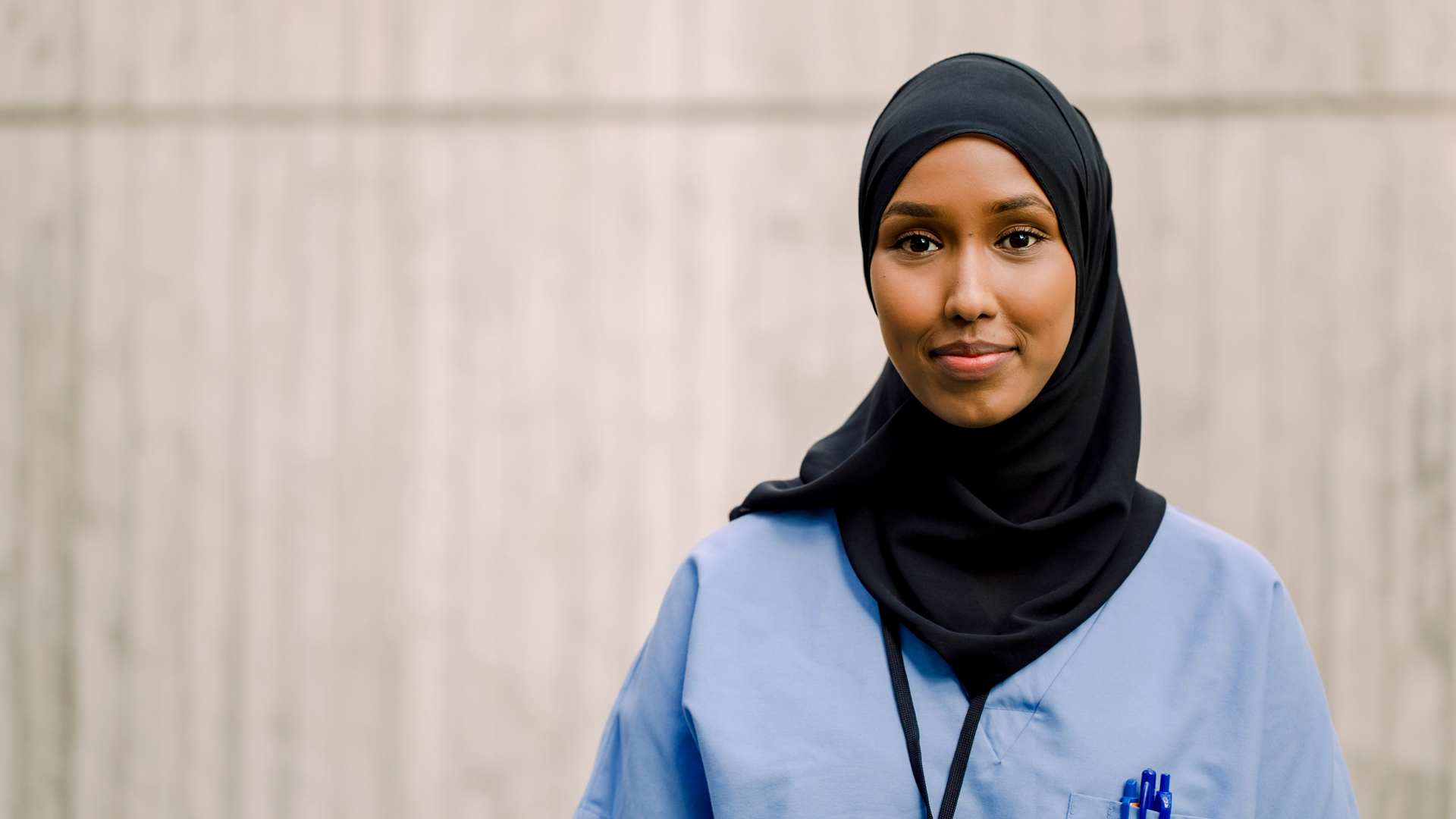The pandemic gave rise to hidden solutions that were direly needed by society.
Healthcare workers Yasmin Samatar and Faraoli Adam found this to be true when they started Mawadda.
Why Mawadda was founded: The company has a line of hygienic hijabs designed to provide the Muslim community with safe and reliable personal protective equipment (PPE).
View this post on Instagram
Twin Cities reports Samatar and Adam felt their community was neglected with the current PPE on the market, as what was offered didn’t meet hijabi requirements.
“COVID is deadly, and we all got familiar with the term PPE. But Muslim health care workers were left out because nobody thought about it,” Adam told Twin Cities.
Samatar and Adam also learned by engaging with other Muslim healthcare workers, a solution would be needed sooner than later.
In fact, many were also inconvenienced, some wearing bedsheets over their head.
The pair then worked to get their company off the ground, despite having little to no experience in the business.
“We had to learn a whole new language,” explained Samatar to Twin Cities. “We’re health care workers, we’re not from the business side. So that was a different world of its own.”
Founders Were Supported By Funds Totaling $10,000
During the fall, the pair started to design their product and find a supplier.
Afterward, they raised $10,000 and began trials with the product among the Muslim community. Ultimately, they landed on the Zanub design, a snug fit pullover, and the Ikram, described as a breathable slip-on wrap — both created by small business owner Rammy Mohamed.
View this post on Instagram
View this post on Instagram
By Nov. 9, Mawadda was officially ready for business, and they saw success fairly quickly, with a large portion of traction coming from France.
“It’s just been crazy. It was like — we didn’t think about how it would reach this many people,” Adam said, according to Twin Cities. “Everybody had the same story.”
Inclusivity
“It’s created by us, for us. But having culturally appropriate protection won’t just affect us, it will affect everyone under the care of a Muslim woman: patients, families and communities,” Samatar expressed, according to Twin Cities.


